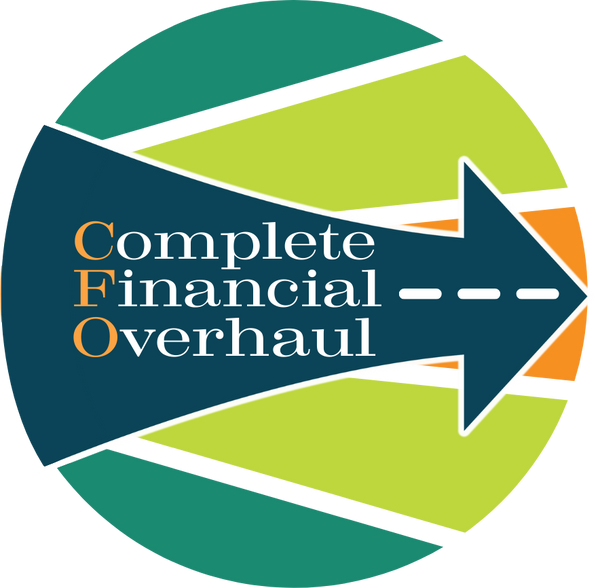Tips for Maintaining Financial Accountability
Share
Think of financial accountability as a game of chess. Each decision you make is like a move on the board, and staying accountable means always thinking a few steps ahead to ensure you’re making the right choices. Just like a chess player carefully considers their moves to protect their king, you need to be mindful of your financial decisions to protect your budget and reach your goals.
Maintaining financial accountability is crucial because it keeps you on track and prevents you from making impulsive decisions that could derail your financial progress. It’s like having a strategy in a game—you need to stay focused, plan your moves, and avoid unnecessary risks to come out on top.
One of the best ways to stay accountable is to set clear, achievable goals. These goals are like your endgame in chess—everything you do should be aimed at reaching them. Whether it’s saving a certain amount each month, paying off debt, or sticking to a budget, having a clear target helps you stay focused and motivated.
Regular check-ins with your budget are like reviewing the chessboard after every move. It’s important to assess your progress, see where you stand, and adjust your strategy if needed. By doing this regularly, you’re less likely to be caught off guard by unexpected expenses or overspending.
Sharing your financial goals with someone you trust is another effective strategy. It’s like playing a game with a coach who can offer advice and keep you on track. Whether it’s a friend, partner, or financial advisor, having someone to check in with adds an extra layer of accountability. They can help you see things from a different perspective, offer encouragement, and provide a gentle nudge when you need it.
Remember, accountability doesn’t mean being perfect—it’s about making steady progress toward your goals. Just like in chess, you might make a few mistakes along the way, but the key is to learn from them and keep moving forward. The more you practice financial accountability, the better you’ll get at making the right moves.
Incorporating these practices into your financial routine can transform your approach to money management. You’ll find that with a little discipline and regular check-ins, staying on track becomes easier over time. The rewards are significant—less financial stress, more savings, and a clearer path toward your long-term goals. Financial accountability is not just about sticking to a budget; it’s about building a solid foundation for a secure financial future, much like a well-played game of chess that ends with a checkmate.
